This is week two in the new series The Good Doctor on ABC. It is about a young doctor (not Doogie) who has autism. If you haven't seen the first episode, I won't ruin it for you, but it is exciting and tear-filled. The entire show, the young doctor confused everyone with whom he came in contact. He was different.
Tonight as my family went to the pool, I met a 20 year old guy named Alex here in Scottsdale, AZ. The reason I met him was because no was talking to him. In fact, everyone was staring at him and making looks of confusion at their company. Alex would get very close to people and talk in a high voice to himself. He went from the jacuzzi to the pool and to the waterfall in the exact same sequence every time. Alex, like the good doctor, is autistic. You might know someone who is on the spectrum. My beautiful and very smart 4 year old nephew is on the spectrum. They are beautiful, different and amazing people.
It is eye-opening to me how crazy the reaction was of the people that come in contact with Alex, my nephew and the good doctor. It's terrible and crazy. Completely unnecessary.
What leadership lesson can we learn from this? Our reaction to everyone matters.
I have hurt many people because of my reactions to others. Mostly I have hurt those closest to me. My sister and her husband have their challenges with my nephew, just like Sandy and Brad (great people) do with Alex. Tonight Brad, Alex's dad, leaned over to me while watching the reactions of others and said, "If they only knew." #boom. What Brad said struck to the core. How many times have I reacted instead of responding to what I might not know? What caused that person to be so rude in line? Why does my coworker have to prove him or herself? The questions that call us to "ask more" go on for ever.
Reactions hurt because, "if you only knew."
See you Sunday,
Michael
#usinggracetogrow


